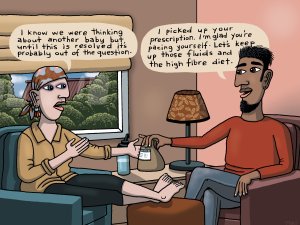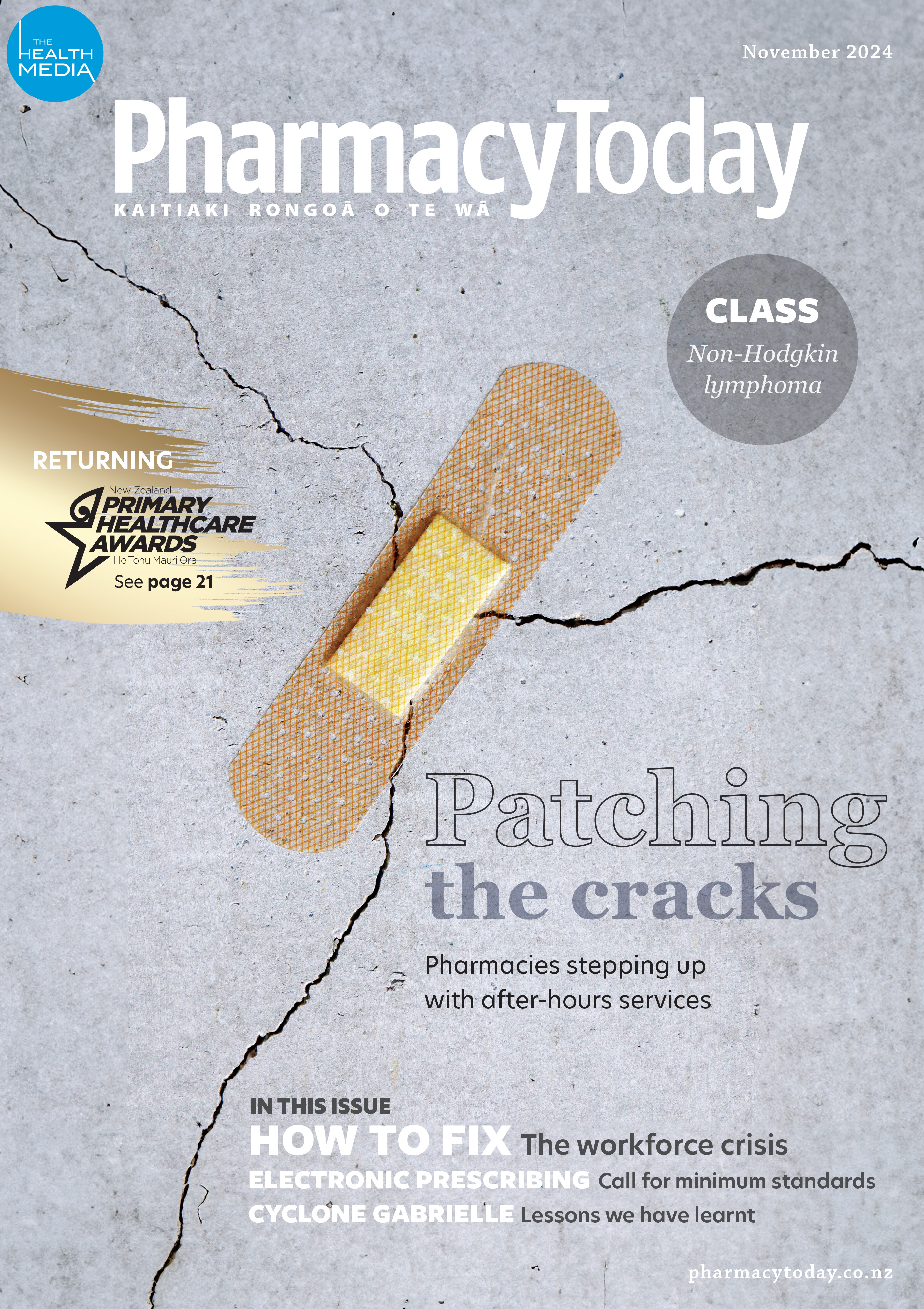Academic pharmacist Nataly Martini highlights the importance of understanding non-Hodgkin lymphoma and pharmacists’ roles in managing this condition
Use antibiotics responsibly, urge health organisations
Use antibiotics responsibly, urge health organisations

With very few new antibiotics having been developed in recent years, health agencies say their responsible use is absolutely critical to people’s health.
The Ministry of Health, PHARMAC, ACC, the Health Quality & Safety Commission and the Council of Medical College’s Choosing Wisely campaign are supporting World Antibiotic Awareness Week 2018 which gets underway today.
Dr Sally Roberts, clinical lead for the Commission’s infection prevention and control programme, says the time taken to develop new antibiotics, combined with a lack of incentive for pharmaceutical companies to produce them, means antibiotic resistance - when bacteria are exposed to an antibiotic and change to resist its effects - is an increasing threat.
‘The timeframe for developing a new antibiotic is 10-15 years and it’s not very profitable for companies as antibiotics tend to only be used for short courses. As a result, the antibiotic pipeline has slowed down.
‘With antibiotic resistance on the rise globally, it’s vital that we preserve the remaining antibiotics we do have. They need to be treated as precious commodities and not used indiscriminately when they aren’t necessary.
‘Avoiding infections in the first place reduces the amount of antibiotics that have to be used, therefore reducing the opportunity for germs to develop resistance to them. The best way to avoid infections is to clean your hands regularly and thoroughly.’
PHARMAC Medical Director Dr John Wyeth says antibiotics aren’t always the best treatment for some common infections, and it’s important to know when and when not to take them.
‘Colds and flu can’t be fixed by antibiotics because they’re caused by viruses, not bacteria. Antibiotics also don’t help most ear infections get better any faster.
‘Your doctor will tell you if antibiotics are the right treatment for you. Trust their advice and don’t expect antibiotics every time. We all need to help keep antibiotics working.’
Dr Derek Sherwood from the Choosing Wisely campaign says a growing number of infections, such as pneumonia, tuberculosis, and gonorrhoea, are becoming harder to treat as the antibiotics used to treat them become less effective.
‘Antibiotic resistance leads to longer hospital stays, higher medical costs and increased mortality.’
The Choosing Wisely website has a number of resources for consumers with information about when antibiotics may not be needed, and alternatives for treating common illnesses.
Dr Caroline McElnay, director of public health at the Ministry of Health, says it's important to have a joined-up response to addressing antibiotic resistance.
‘Health agencies are collaborating with other key stakeholders, especially the Ministry for Primary Industries and organisations in the agricultural sector.
‘This collaborative approach recognises that antibiotic resistance is more than just a health issue and has the potential to affect so many areas of our lives, including farming and food production.
‘By working with partners throughout New Zealand and around the world, we're making sure New Zealand is well placed to address antibiotic resistance,’ says Dr McElnay.





